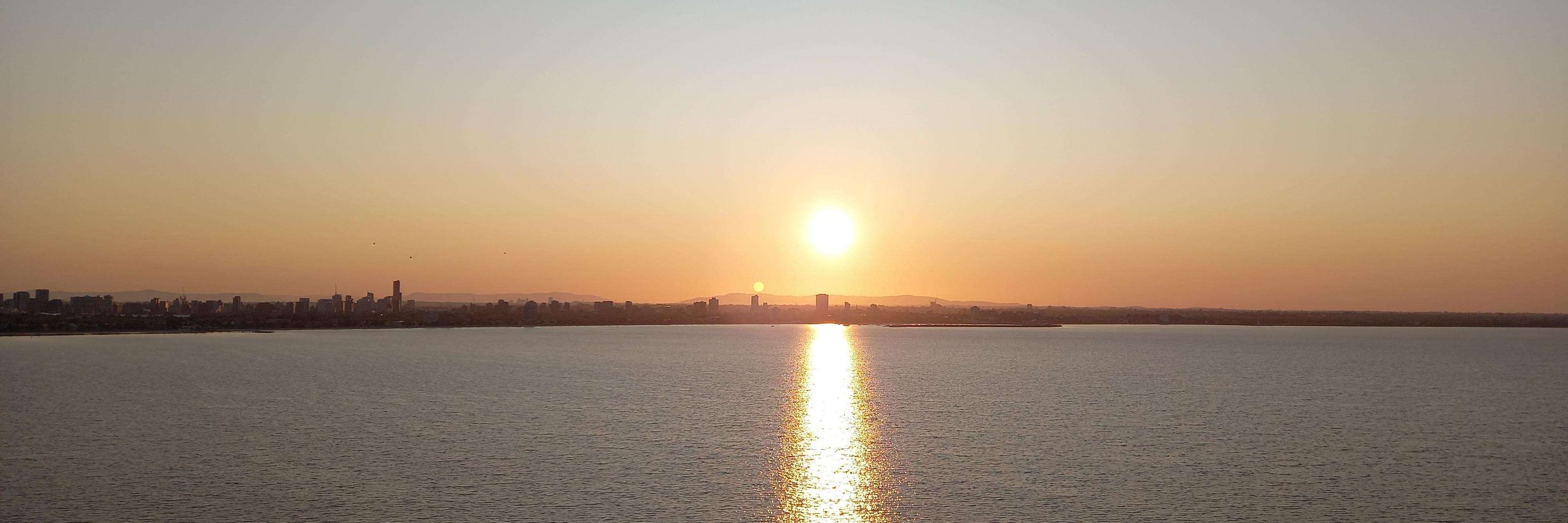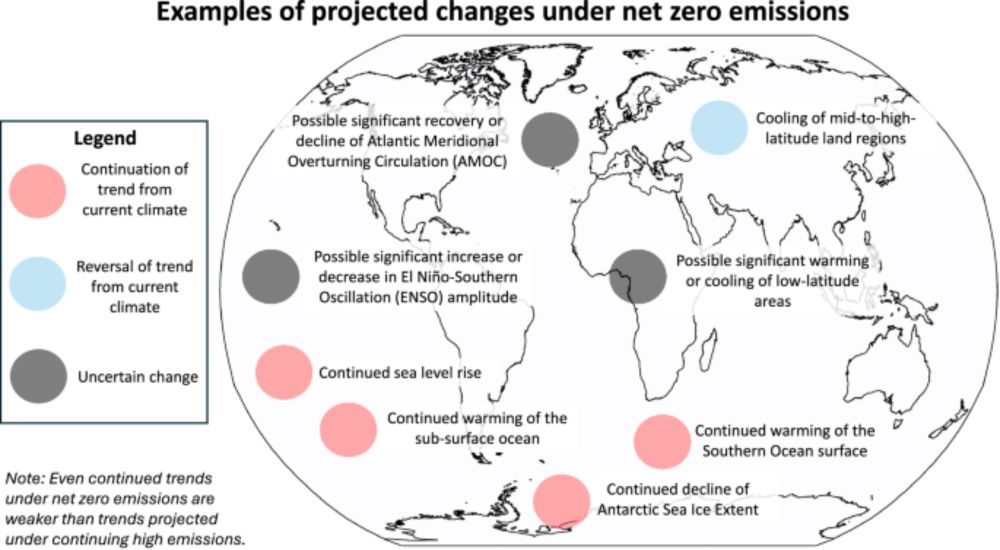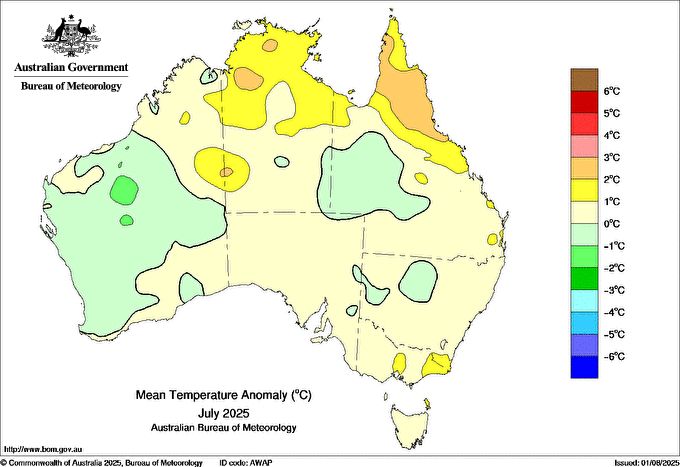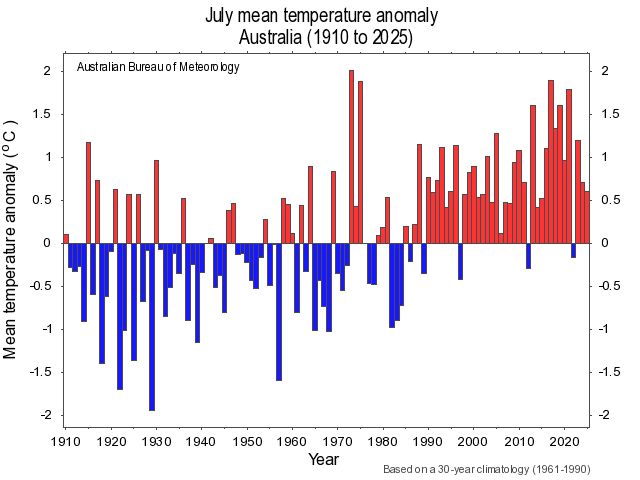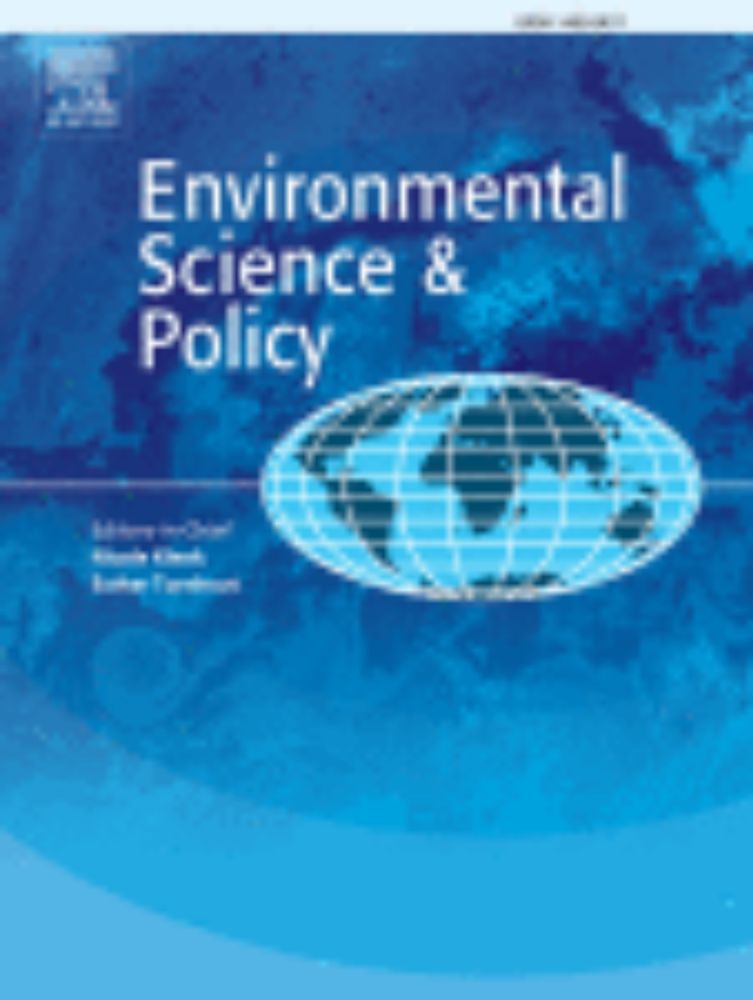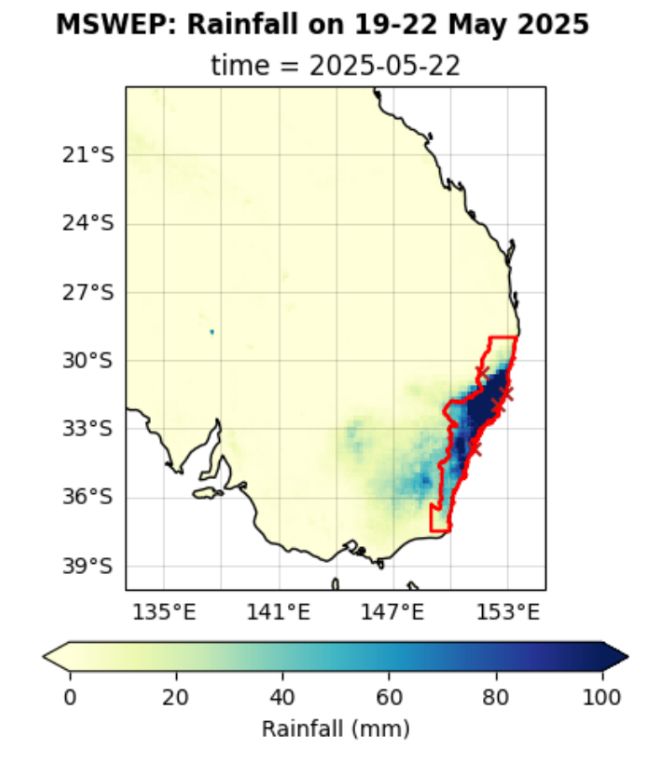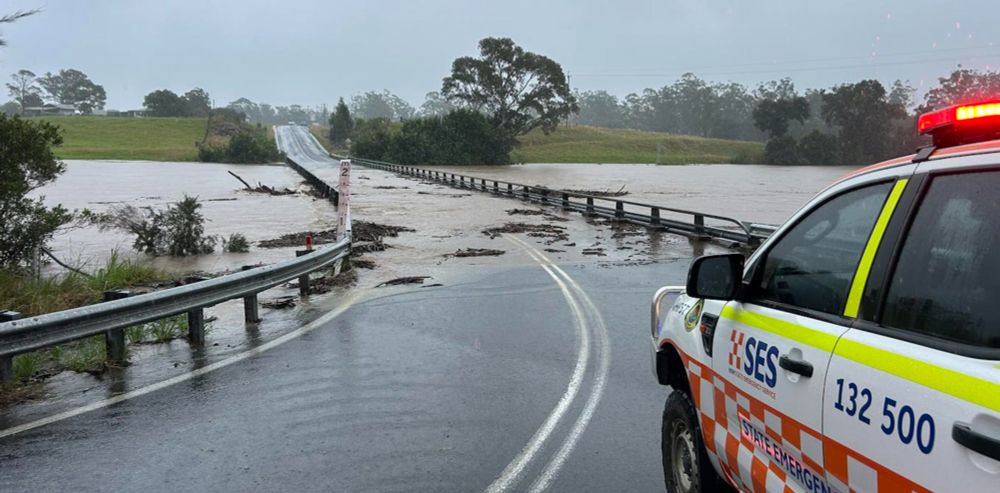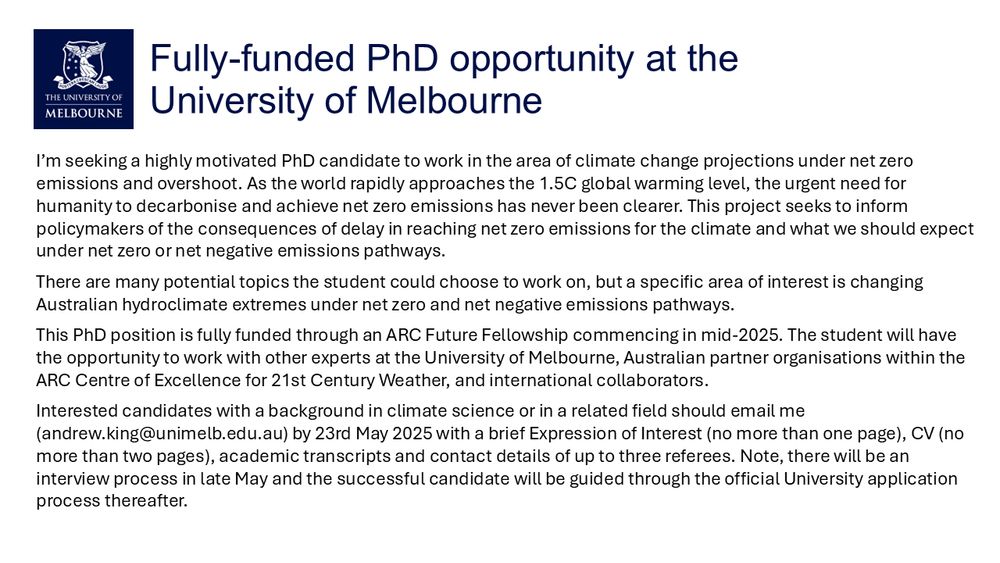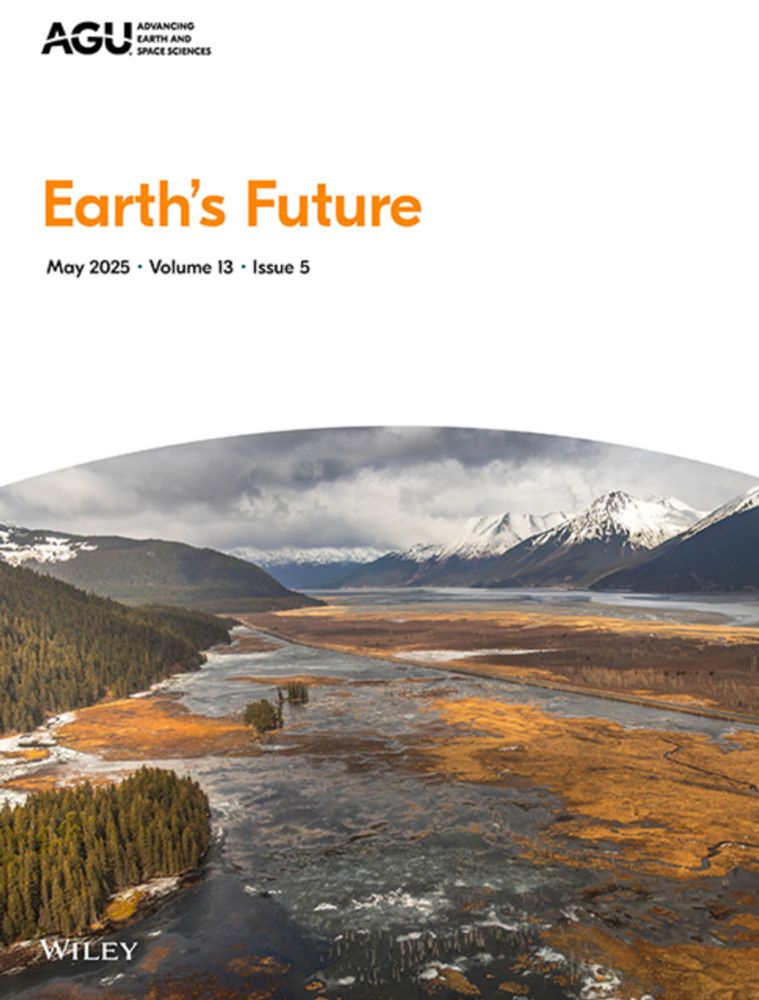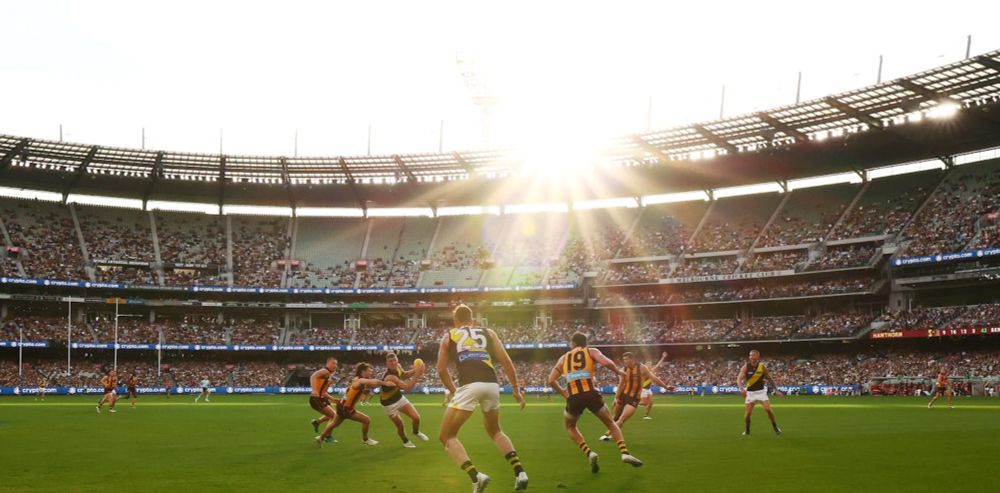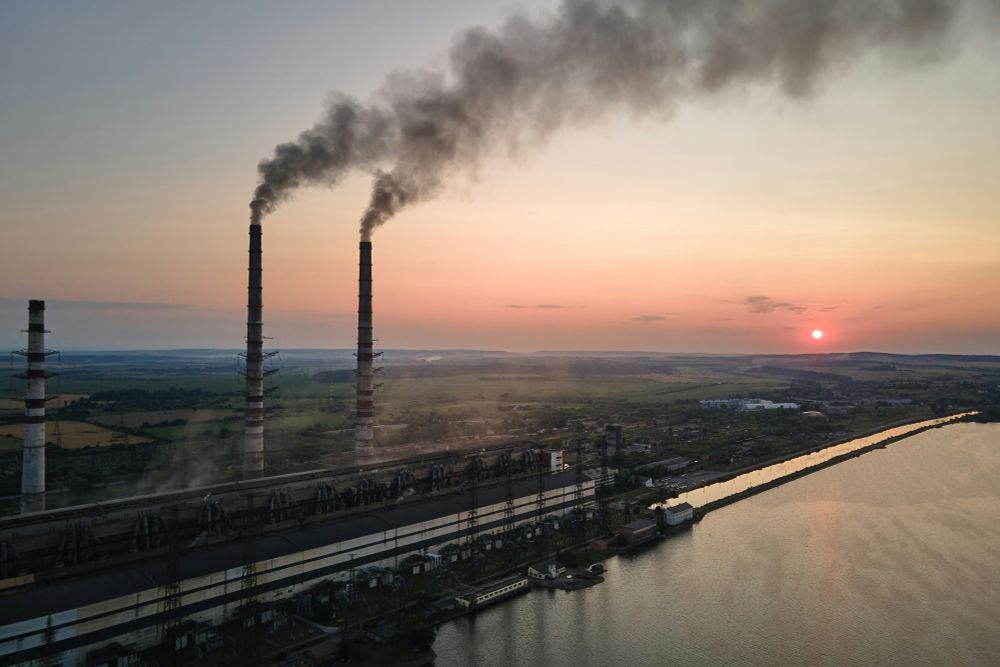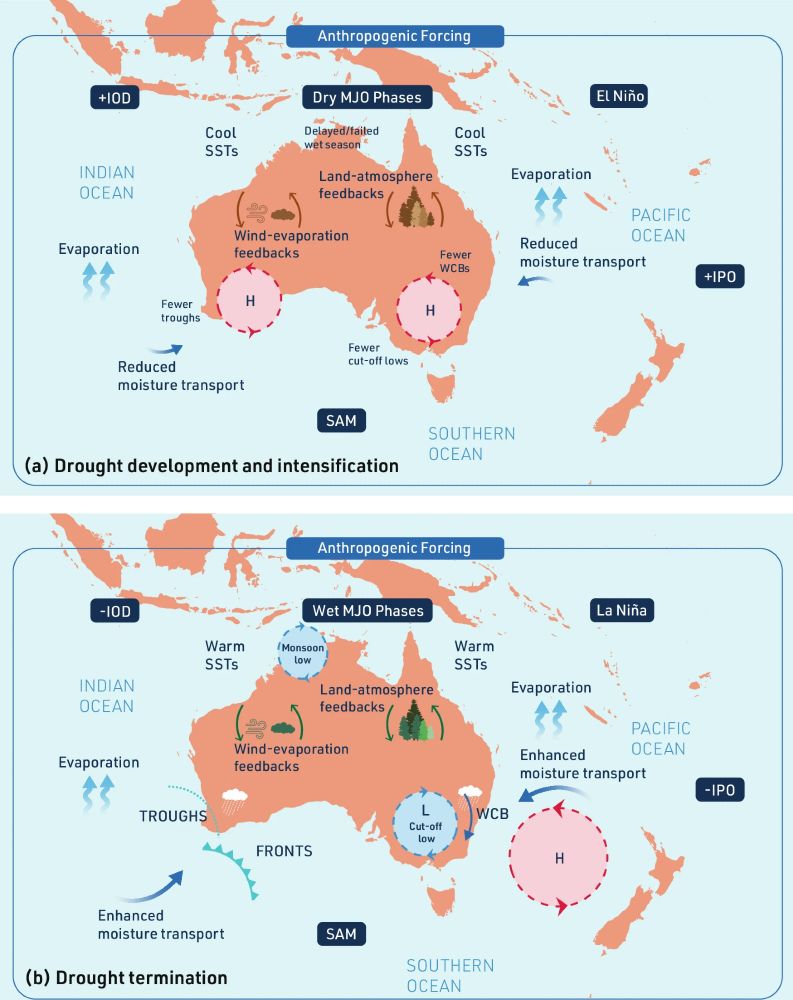Andrew King (he/him)
@andrewkingclimate.bsky.social
1K followers
620 following
32 posts
Climate Scientist at University of Melbourne. Interested in climate change and weather extremes. 🏳️🌈
Posts
Media
Videos
Starter Packs
Reposted by Andrew King (he/him)
Reposted by Andrew King (he/him)
Reposted by Andrew King (he/him)
Andrew Dessler
@andrewdessler.com
· Sep 2
DOEresponseSite
On July 29, 2025, the Department of Energy (DOE) published a report from its Climate Working Group (CWG). This report features prominently in the EPA's reconsideration of its 2009 Endangerment Finding. In response, over 85 scientists have come together to write a comprehensive review, which is
sites.google.com
Reposted by Andrew King (he/him)
Reposted by Andrew King (he/him)
Reposted by Andrew King (he/him)
Reposted by Andrew King (he/him)
Reposted by Andrew King (he/him)
Reposted by Andrew King (he/him)
